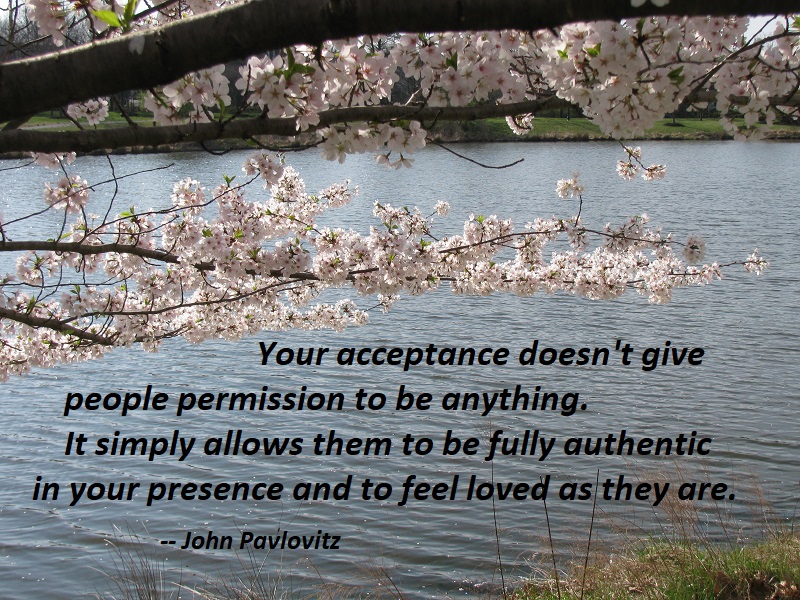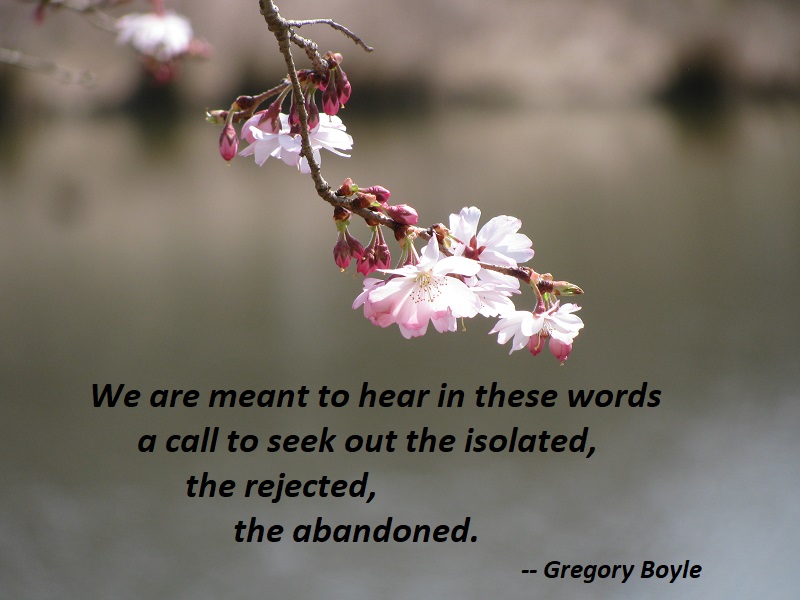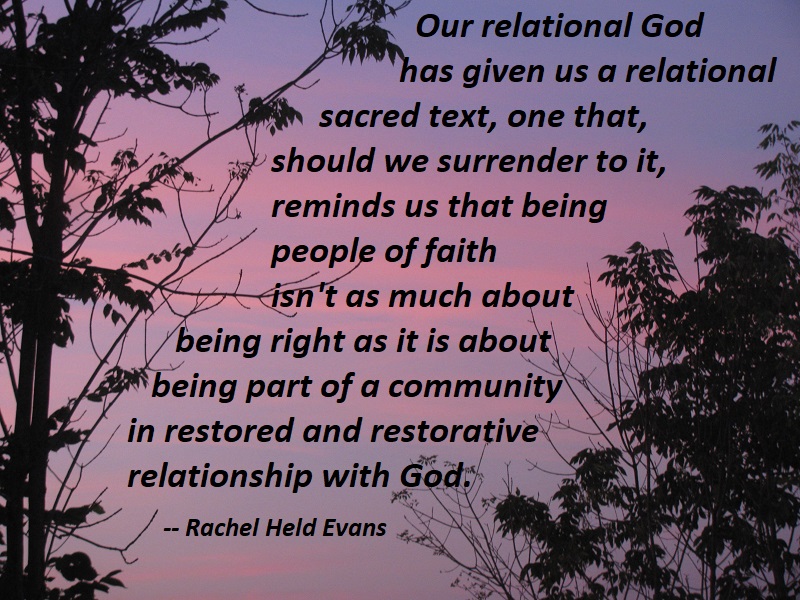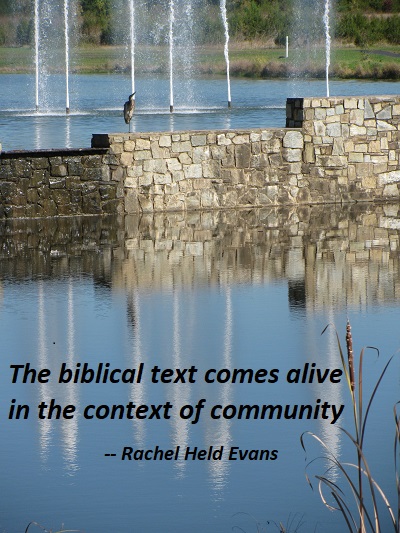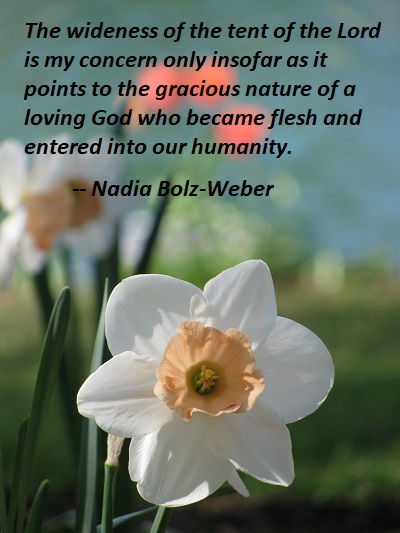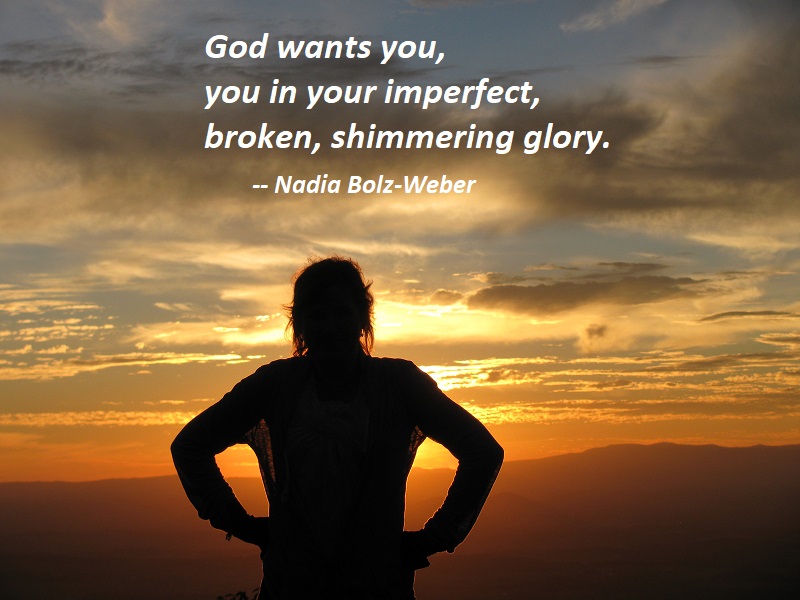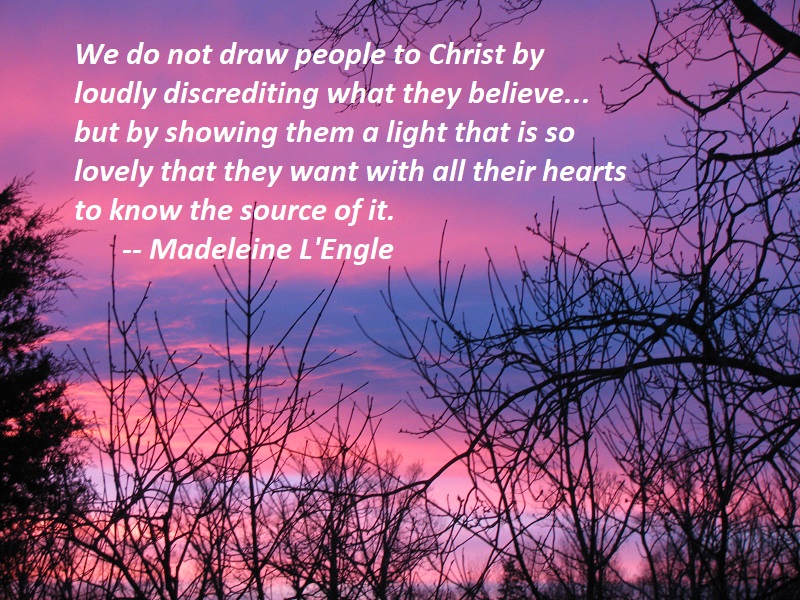The Christian Calling
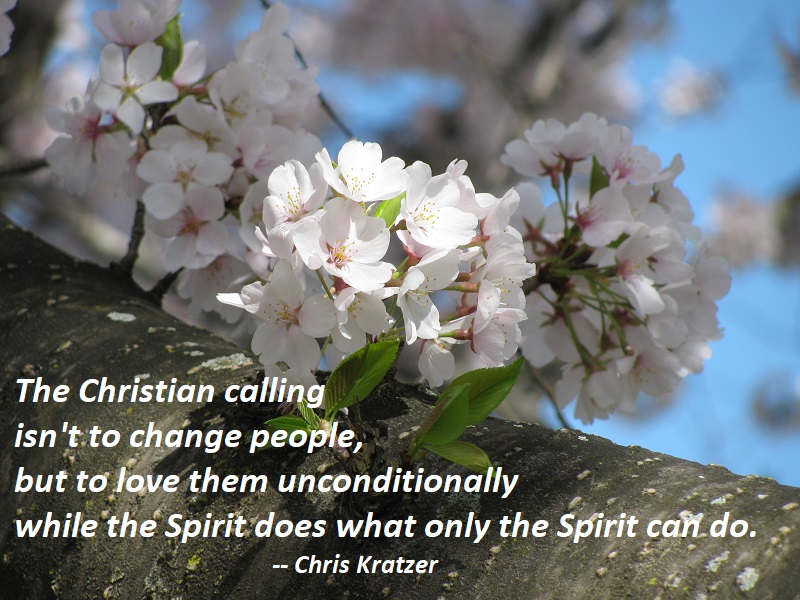
If conservative Evangelicalism was truly concerned about sin…
… conservative Evangelical Christianity would be truly and completely trusting the Spirit. For the Christian calling isn’t to change people, but to love them unconditionally while the Spirit does what only the Spirit can do. In the presence of perceived sin, conservative Evangelical Christians would be doing everything possible to get out of the way of the Spirit and to doubly make sure they didn’t serve as a detriment or distraction to the Spirit’s work. They would be so sensitive to this movement in people’s lives that to potentially error on the side of thwarting God’s transformative hand through fostering false guilt, shame, and condemnation, would send shivers down their spine, causing them to value restraint above all else — if it was all about sin.
— Chris Kratzer, Leatherbound Terrorism, p. 111
Photo: South Riding, Virginia, April 8, 2019
